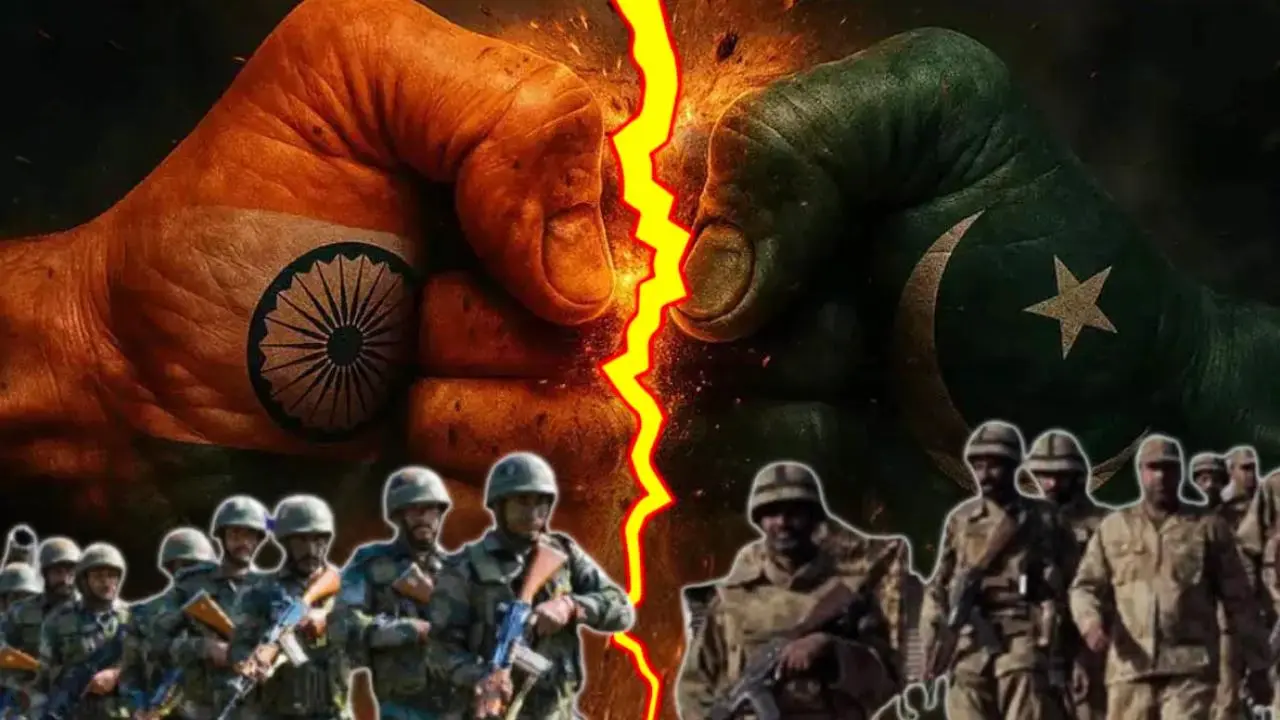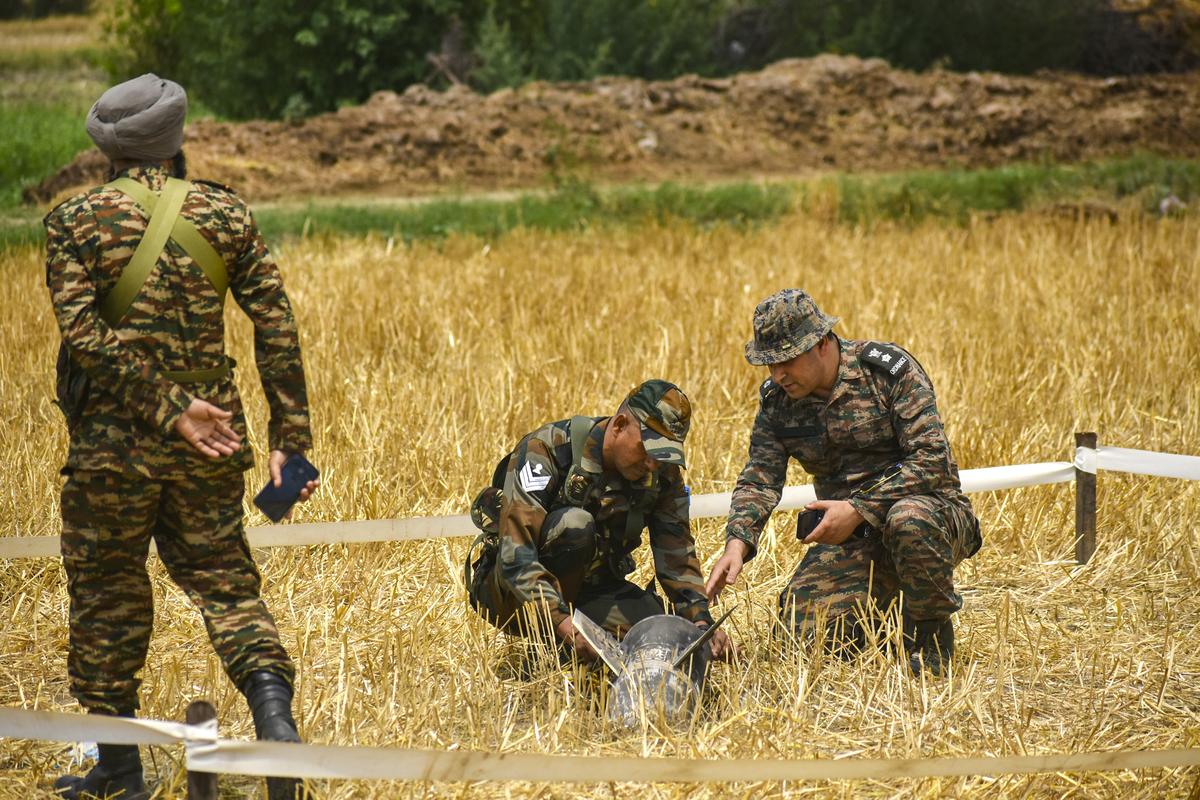The rising tensions between India and Pakistan have been a matter of global concern, especially after the recent spate of terrorist attacks allegedly backed by Pakistan. India has warned that any future terrorist activity by Pakistan will be considered an act of war, marking a significant escalation in the ongoing conflict. This blog takes a closer look at the factors fueling these tensions, India’s military response, and the broader implications for the region.
Introduction
The India-Pakistan relationship has long been marred by conflict, particularly centered around terrorism emanating from Pakistan. Recently, there has been a disturbing rise in cross-border attacks, including missile and drone strikes targeting Indian military installations and civilian areas. These events have sparked a dire warning from Indian officials, with the nation stating that any further terrorist attacks will be treated as acts of war. Here’s an overview of the situation and the potential ramifications.
Key Points of Escalation

- Drone and Missile Attacks – For the past three nights, Pakistan has launched a series of drone and missile attacks against India’s northern region. While most of these have been intercepted by India’s advanced air defense systems, the intent behind these attacks remains clear: escalation of conflict.
- India’s Retaliatory Strikes – In response, India launched targeted missile strikes against terror infrastructure in Pakistan and Pakistan-Occupied Jammu and Kashmir (PoJK), aiming to dismantle terrorist operations before they can strike.
- Pakistan Army’s Role – India has provided evidence linking Pakistan’s military and ISI to the logistics and training of terrorist groups. These groups operate under the protection of the Pakistani military, raising global concerns about state-sponsored terrorism.
- The Growing Risk of War – As tensions escalate, India has made it clear that it will not tolerate further attacks. Any act of terrorism linked to Pakistan could now trigger a full-scale military response.
The Stakes for India and the Region
The potential for war between two nuclear-armed nations presents a grave concern. While India is prepared to defend its sovereignty, it also emphasizes the need for international scrutiny and pressure on Pakistan to abandon support for cross-border terrorism.
India’s International Strategy

India continues to work through international forums to expose Pakistan’s duplicity. While publicly claiming to combat terrorism, Pakistan’s deep-state institutions reportedly nurture and protect extremist groups. According to a Council on Foreign Relations report, Pakistan has long used militant proxies as tools of foreign policy, particularly in Kashmir.
Conclusion
The threat of war between India and Pakistan is more tangible now than it has been in years. With mounting provocations and hardened responses, the region sits on a knife’s edge. India’s firm stance is a warning, and the international community must take steps to prevent this situation from spiraling into open conflict.
Call to Action: Stay updated on India’s defense policy and geopolitical maneuvers by exploring our related blog posts.









